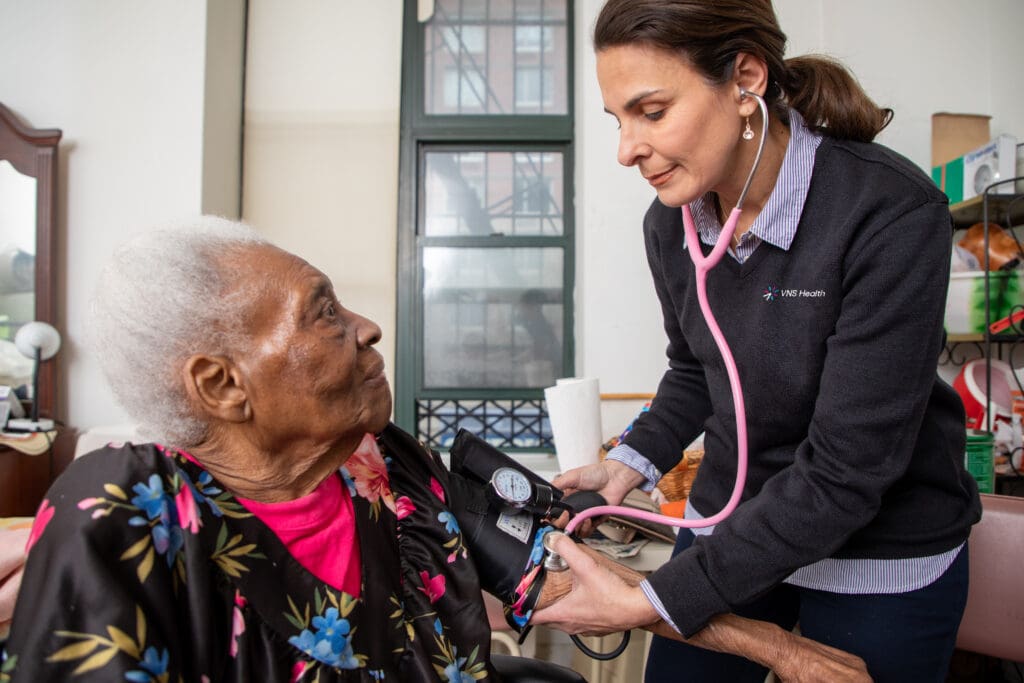
It is an annual routine as consistent as the Super Bowl. Every February, lawmakers gather in Albany during somber budget hearings and look at the state’s Medicaid program to find areas to cut corners and save money. The routine is as predictable as it is dangerous for the vulnerable New Yorkers who rely on these programs for care — and for the workers across the state who provide that care.
This year, however, one proposal stands out as especially problematic for the 4,300 vulnerable people in and around Monroe County who rely on New York’s Managed Long Term Care, or MLTC, program. Lawmakers must protect Monroe County’s aging and incapacitated people and the workforce that serves them by rejecting legislation that would eliminate the MLTC program.
Around the state, MLTC plans allow nearly 280,000 New Yorkers with disabilities and older residents who require full-time care to live independently in their own homes. Despite the program’s success in offering coordinated care to the state’s most vulnerable residents, special interest groups are attempting to replace MLTC plans with a fee-for-service model.
Eliminating MLTC plans would disrupt carefully constructed care plans that offer innovative, personalized solutions to the complex health issues that are unique to our members.
Under this proposal, care teams would be dissolved, and the wellbeing of these plan members would be placed under the control of the state’s Health Home program, which isn’t equipped for long-term care and is largely focused on individuals with behavioral health needs.
That means members who require around-the-clock home care after a spinal injury, for example, will be shuttled into a system that isn’t built for them, and their care — and mental health — will suffer. The same will be true for all our members.
Members who require multiple daily caregiver visits will have their lives upended and trusted relationships severed.
Folks who benefit from at-home physical therapy will be removed from their plans, while senior citizens who simply receive regular check-ins from home care aides and help with tasks like picking up prescriptions, going grocery shopping and engaging in group activities will have their schedules upended.
These are just some of the choices that will be stripped away when their carefully coordinated care plans are scrapped.
Beyond routine medical care and home visits, our people have used white noise machines to help patients prone to nighttime wandering sleep and stay safe. They have helped plan members get their power turned back on following an outage and helped them coordinate care across multiple providers.
We’re not just checking off a box when we meet with members. Our staff are the central piece of a system of coordinated care that supports the individual needs of our members.
That personalized approach to providing care is why nearly 90% of enrollees rated their MLTC plan as good/excellent in 2021, while the same percentage maintained or improved their activities of daily living, according to a 2019 MLTC quality performance report.
Here’s the bottom line: the existing program has resulted in a cost-effective system that has improved the quality of care for patients.
This legislative session, the focus should be on protecting patient choice and preserving services for the most vulnerable New Yorkers, not making their care more fragmented and difficult to access.
Dan Savitt is president and CEO of VNS Health. Alicia M. Laible-Kenyon is executive director of Elderwood Health Plan. Both companies are members of the New York State Coalition of Managed Long Term Care Plans.



